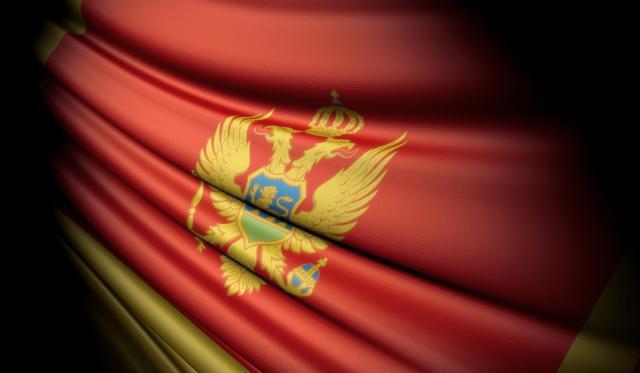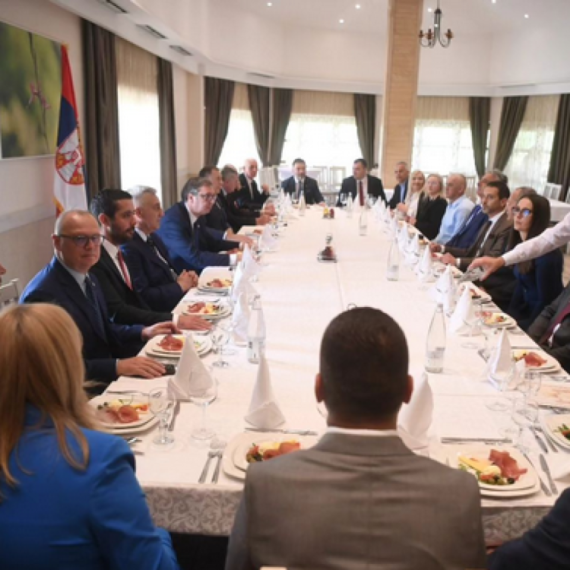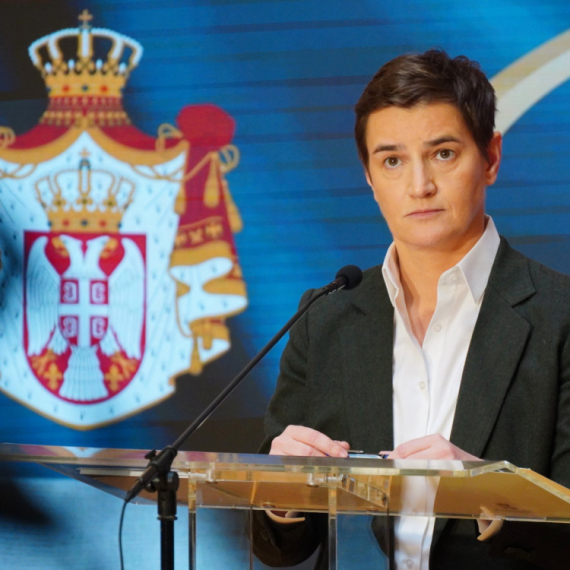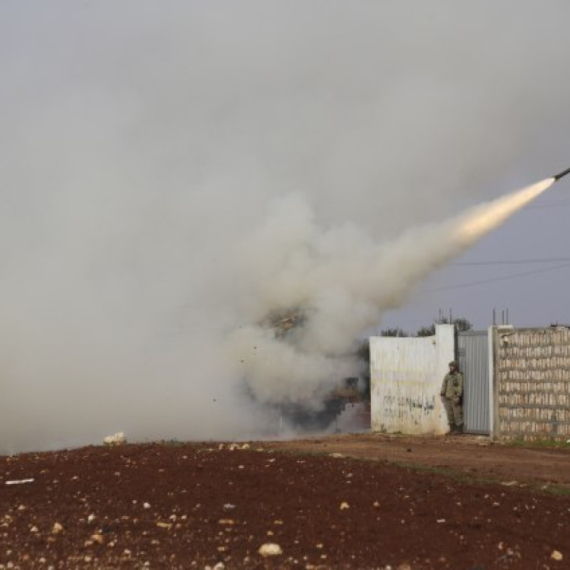Montenegrin opposition does not recognize election results
The DF, the Grand Kljuc Coalition, the Democrats, and the Social-Democrats have decided not to recognize the results of Montenegro's parliamentary elections.
Tuesday, 18.10.2016.
09:38

Montenegrin opposition does not recognize election results
"Especially given the fact that some media already on Saturday announced, while state organs of Montenegro on Sunday said that during the election day a coup attempt took place. It is clear that free, fair and honest elections cannot be held in an atmosphere of a coup taking place on election day," the opposition parties concluded during their meeting on Monday afternoon.RTCG, Montenegro's state broadcaster, also reported that "opposition parliamentary subjects insist on an independent commission, that should include representatives of the international community, examining and stating all the facts in relation to the alleged coup and publicly announcing who were the perpetrators, and who ordered this crime."
These four electoral lists won 39 deputy seats in Montenegro's 81-seat national assembly. A government must be supported by at least 41 votes.
International observers assessed on Monday that the parliamentary elections in Montenegro were held "in a competitive environment, with respect for fundamental freedoms." They estimated, however, that the campaign was characterized by a lack of clear alternatives and attacks on the personal level.
Opposition representatives the previous night spoke about irregularities in Sunday's elections, but no one suggested they would not recognize the results. The representative of the Democratic Front (DF) moreover, even as the counting of the ballots was still ongoing, told press conferences that the opposition had won.
Ruling DPS leader and current Montenegrin PM Milo Djukanovic has announced that an agreement to form a new government would be reached "soon" with the Social-Democrats and the parties representing ethnic minorities. According to the current distribution of parliamentary mandates, they would have the support of 42 MPs, one more than is needed to vote in a government.
Political analysts, however, warned that "exhausting" talks were ahead, considering that the opposition parties previously also announced they would negotiate with parties of ethnic minorities.





























Komentari 9
Pogledaj komentare